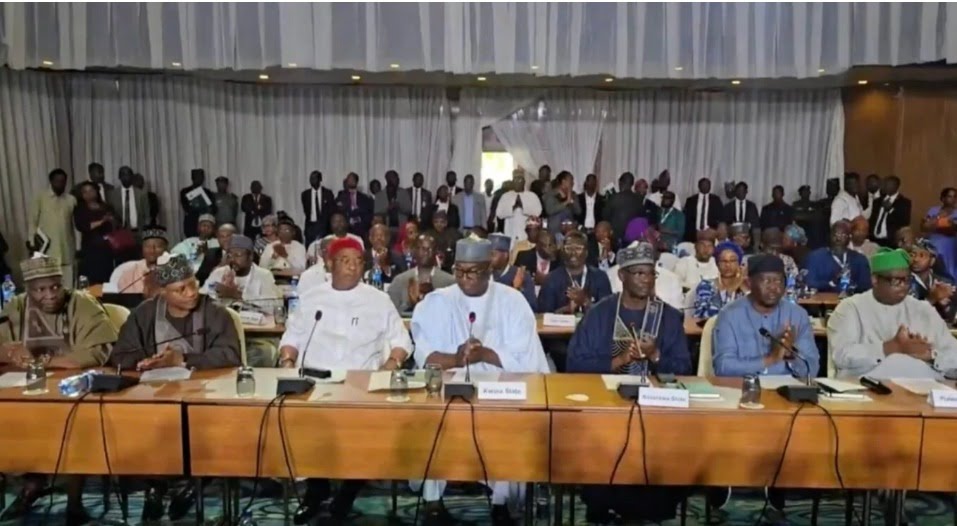
The Nigeria Governors’ Forum (NGF) has proposed adjustments to the Value Added Tax (VAT) sharing formula in the Tax Reforms Bills currently before the National Assembly.
At a meeting held at the Congress Hall of Transcorp Hilton Hotel, Abuja, on January 16, 2025, and chaired by Governor AbdulRahman AbdulRazaq of Kwara State, the governors expressed support for the four tax reform bills presented by President Bola Ahmed Tinubu but suggested revisions to ensure equitable resource distribution.
Proposed VAT Sharing Formula
The NGF recommended a VAT-sharing formula of 50% for equality, 30% for derivation, and 20% for population, differing from the Federal Government’s proposal of 20% for equality, 60% for derivation, and 20% for population.
According to the governors, the revised formula would promote fairness in resource allocation across the federation.
Key Resolutions
In a communiqué signed by Governor AbdulRazaq, the NGF outlined its resolutions:
Strong support for comprehensive reforms to modernize Nigeria’s tax laws and align them with global standards.
Advocacy for the revised VAT-sharing formula to ensure equitable distribution.
A decision against increasing the VAT rate or reducing Corporate Income Tax (CIT) to maintain economic stability.
Continued exemption of essential goods and agricultural products from VAT to safeguard citizens’ welfare and promote agricultural productivity.
Recommendation to remove the terminal clause for development agencies, such as TETFUND, NASENI, and NITDA, in the bills.
Support for Legislative Process
The governors reiterated their commitment to the ongoing legislative process, expressing optimism that the National Assembly would pass the Tax Reform Bills.
President Tinubu had earlier emphasized his administration’s openness to negotiation on the controversial VAT components of the reform.
Attendees
Governors at the meeting included Inuwa Yahaya (Gombe), Uba Sani (Kaduna), Hope Uzodimma (Imo), Abdullahi Sule (Nasarawa), Ahmadu Fintiri (Adamawa), Caleb Mutfwang (Plateau), and Usman Ododo (Kogi).
The NGF’s recommendations mark a significant step in the ongoing dialogue on Nigeria’s fiscal and tax policies, which aim to improve resource distribution and economic stability.


